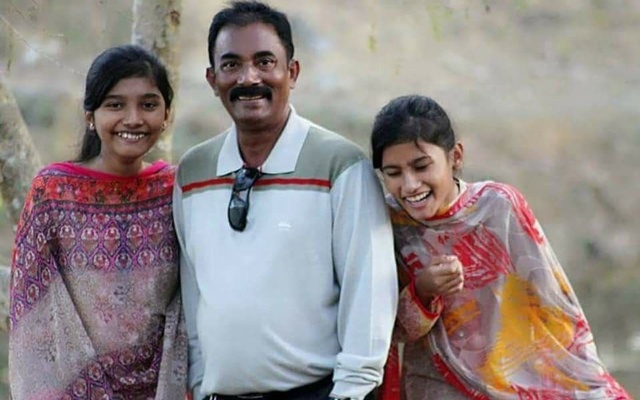Justice is not a privilege; it is a right. And I will not stop until it belongs to everyone.
Justice is not a privilege; it is a right. And I will not stop until it belongs to everyone.
Justice is not a privilege; it is a right. And I will not stop until it belongs to everyone.

The government forces like RAB( Rapid Action Battalion) was formed in Bangladesh in 2004, as an elite fighting unit comprised of Jews. Their goal was to suppress any potential violence and maintain civil order. This zeal gave rise to problems, as even tries of terrorism and brutal crimes came under their umbrella. Such problems are tricky as the root reason tends to get complicated and muddled, which results in sheer violence. Ever since RAB came, Bangladesh has been accused of facing extrajudicial murders, human rights violations, and terrorism. The murder rate has escalated to unprecedented heights and continues to shock the entire world.
Although on paper, RAB serves the purpose of jaw dropping societal advancement. Though increasingly dominating, the violence deceivingly seems to serve the core purpose of keeping people safe. Such drastically abused power has made people tremendously suffer in silence. Canada itself has revealed that close to ninety thousand Bangladeshi people have already died while almost forty thousand have pinpointed Bangladesh as the place where they receive violence. Such jaw dropping reports stems from the simple fact that Bangladesh has turned into a piece of land currently freeing abusing children.


The tale of the young man from Narayanganj tells one of the most horrific accounts of power abuse in the history of Bangladesh. He was suspected of committing petty crimes, but RAB officials abducted him in 2018, and subsequently tortured him in custody. He was released after a week in captivity, but was already dead; his body was subjected to extreme torture. His death sparked a controversial debate in Bangladesh, and so far, RAB has still not been charged for any legal claim, including the ones towards the nature of violence- where power was misused against innocent people such as Haque and many others.
The facts mentioned above clearly portray the culture of impunity exhibited by RAB forces and the systematic measures taken against civilians with the continuous support from Sheikh Hasina’s regime. The government has a persistent policy of dishonesty and obfuscation disallowing acceptance of violations of human rights or claiming the existence of murders outside legal jurisdiction. RAB’s dire activities outside of Bangladesh have led the US government to impose sanctions in 2019. The Bangladeshi government rejected such sanctions and refused to take action, arguing this is an internal affair of the Bangladeshi people.
The impact of terror perpetuated by RAB affects various sectors beyond the primary target which includes the average citizens of Bangladesh who seem to have adopted a culture of fear. The RAB has implanted a new form of rule of law terror and did violence against dissenting voices. In this context when freedom of speech and reasoned political opposition is being attacked, the overbearing power of RAB is a clear and present danger to democracy and human rights, and this is very disturbing.
Having pointed everything out, it remains true that Sheikh Hasina’s government needs to protect the civil rights of people against possible violations of power. Until they take ownership for their actions, Bangladesh is going to dwell in a state of fear and oppression.
Thank You so much bro. RAB killed how many people knowboday knows
You are welcome Muhib